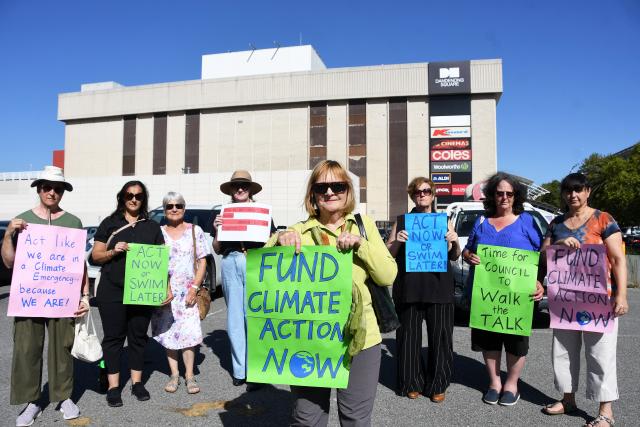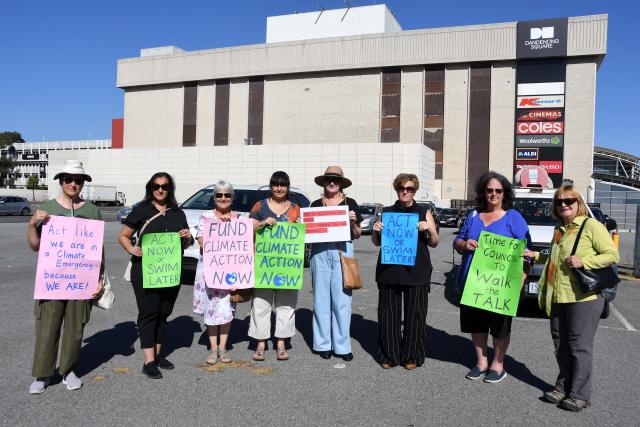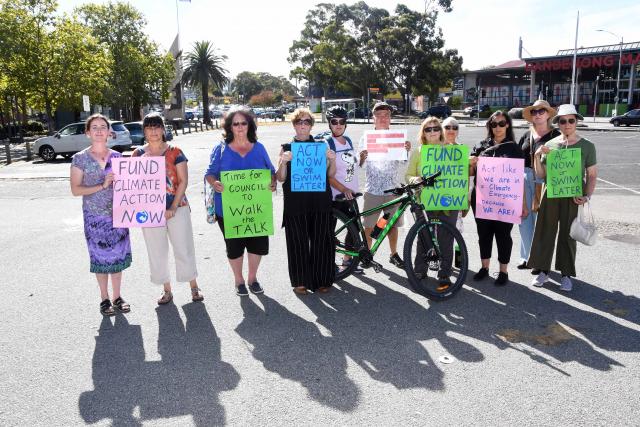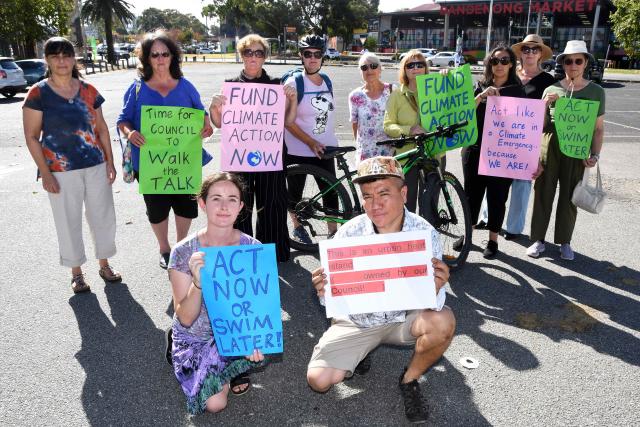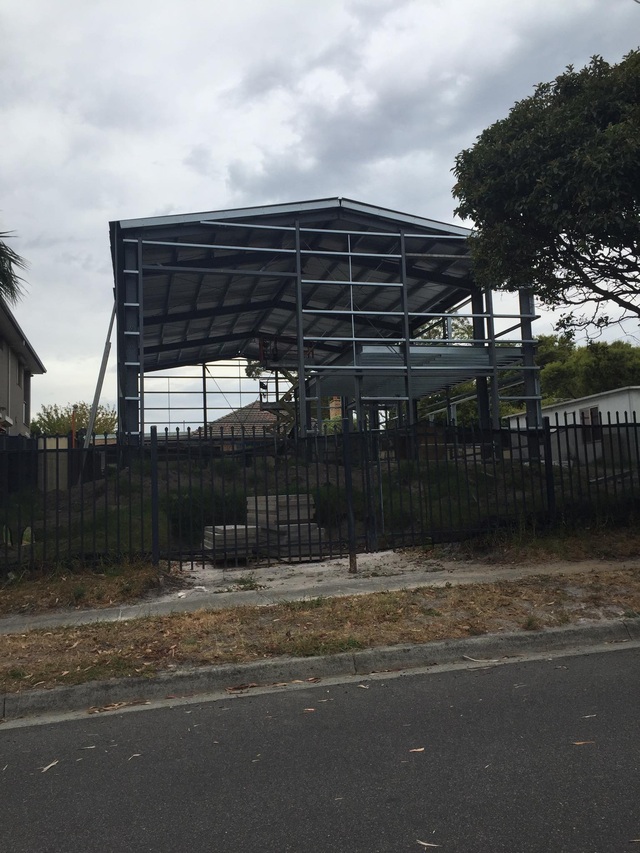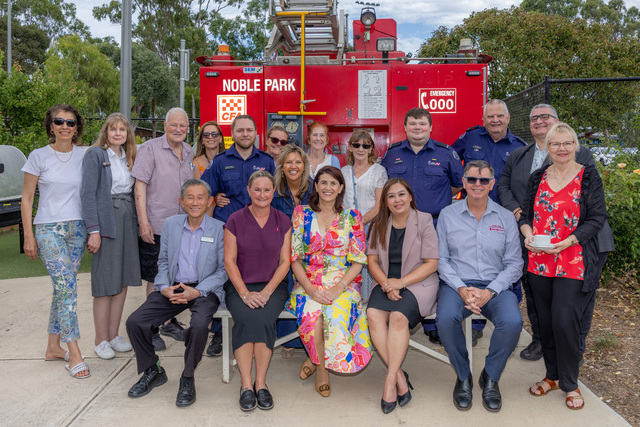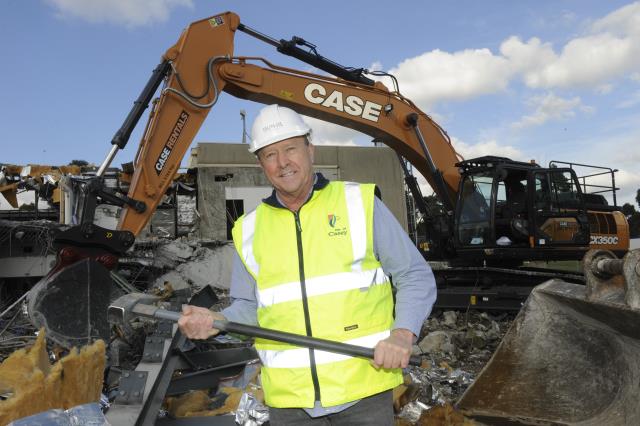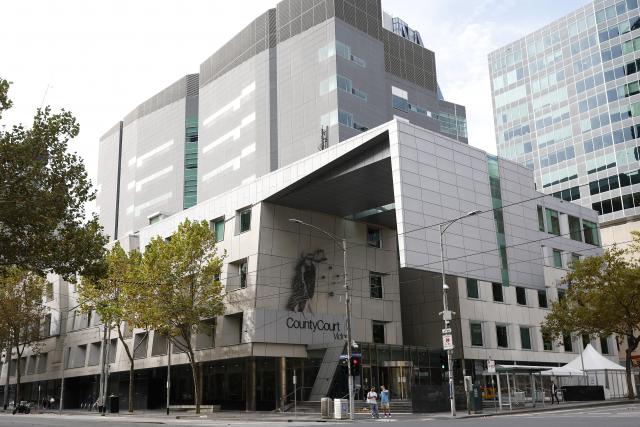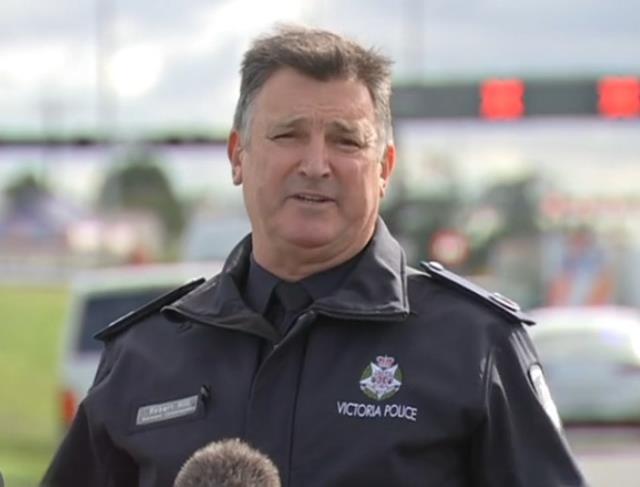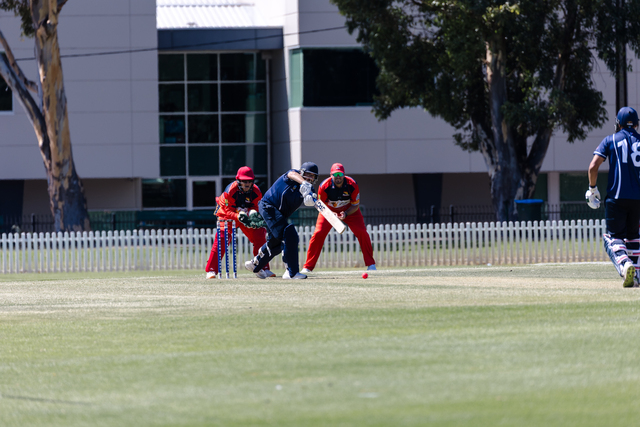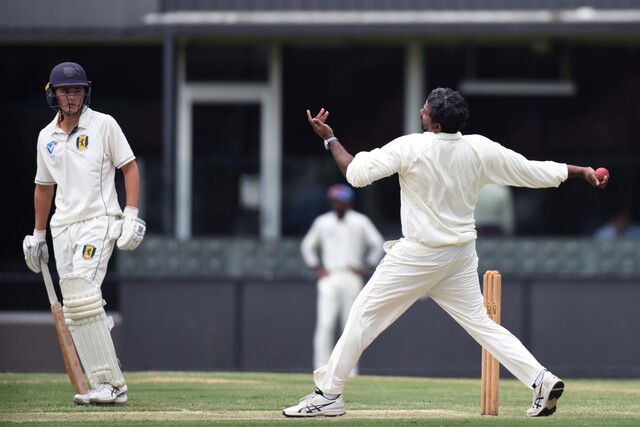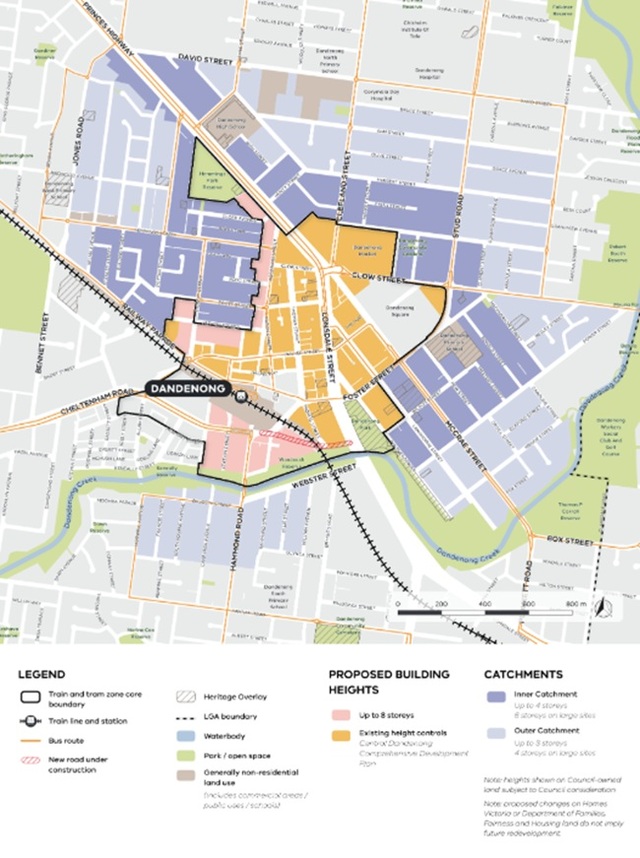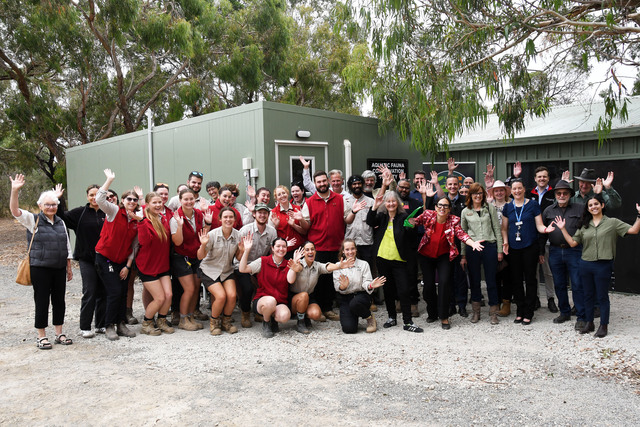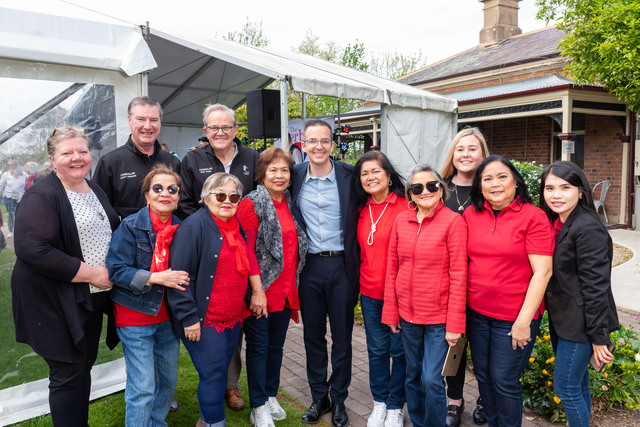Greater Dandenong Environment Group has called on the local council to “walk the talk” and boost funding for climate change action.
In early 2020, Greater Dandenong Council declared a climate and ecological emergency but had only made “modest improvements” to staffing and resources, according to the GCEG.
Its secretary Judith Sise said Greater Dandenong “come up with great strategies and plans but then don’t fund them properly”.
“Council’s own public report (27 February 2023) stated that staffing levels in the climate change and environment space are less than half the average Melbourne council”.
The same report showed the council delivered just six out of 44 committed environmental actions.
“Critical actions” like tackling the urban heat island effect and extreme weather events were not funded adequately, Sise said.
“Funding, supporting and educating our residents to deal with climate change is not a luxury – it is a critical social justice and health issue.
“Greater Dandenong (has) the most low income residents in Melbourne, residents who are going to bear the brunt of climate change.
“We are already seeing this summer that extreme weather events are increasing, whether it be heat, storms or flooding.
“When is Greater Dandenong Council going to start funding environmental action like they really believe we are in an emergency?”
The council had recently endorsed a biodiversity action plan, with a draft climate change engagement and mobilization plan expected this year.
On the latter, Greater Dandenong had failed to inform residents on how to tackle climate change such as reducing emissions and energy bills or understanding the roles that trees have in cooling homes, Sise said.
“Greater Dandenong has a history of underspending on environmental education – now they can’t release a new plan aimed at the community expecting a handful of volunteers to do the education work.
“With a growing and culturally diverse community, Greater Dandenong needs to invest in their community otherwise this much needed action plan will be destined for the shelf.”
Greater Dandenong chief executive Jacqui Weatherill said the council had an “ongoing commitment to addressing climate change”.
“We note calls from the community for more resources to take climate change action and we acknowledge the challenges posed by extreme weather events.”
She encouraged individuals and groups to provide feedback on the Council Plan 2025-’29, which will “guide budget allocations in coming years”.
At a council meeting last month, Ms Weatherill said local governments in the region were “hit hard” and “struggling to deal with the fallout” from the most recent storm event.
“It is a really interesting dilemma for local government on climate change and what is happening in terms of the environment, how long this is taking us to clean up and we will review our resourcing for such events.
“This will come at an additional cost for Council and may require additional funds in the budget moving forward for such events.”

